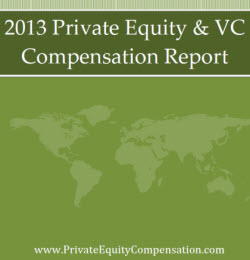In a recent Wall Street Journal blog entry, Shira Ovide somewhat tongue in cheek laments the passing of blockbuster private equity deals and $3 million birthday parties for private equity firm heads in favor of much more subdued recent deals.
These deals include KKR’s acquisition of Academy Sports + Outdoors, a 131-store sporting goods retailer, a much smaller deal than what KKR has been used to in the past, including its landmark RJR Nabisco deal several years back. Other recent private equity deals include BankUnited’s Blackstone-backed deal to buy the small, New York-based Herald National Bank, and THL Partners’ deal to purchase First BanCorp based out of San Juan, Puerto Rico.
In the meantime, many of these same firms who just a few years ago were involved in major private equity deals are passing on opportunities to acquire much bigger companies. For example, to date no buyers have been found for the retailer Big Lots, Lundin Mining, the computer hardware manufacturer Seagate, or for many other larger companies on the private equity market. This despite the fact there’s plenty of investment funds available throughout the private equity sector. So what’s the hold up?
“Private-equity guys, of course, will argue they’re being appropriately restrained when it comes to deal valuations,” Ovide writes. “Swinging for singles and doubles may be less glamorous than the monster home run cuts, but you strike out less, too.”
However, some believe this new found restraint is actually a good thing. In a report on the state of the private equity industry in 2011, the accounting firm Rothstein Kass agrees with this approach stating, “the sector’s recent experiences suggest that funds will more commonly turn to middle market businesses to generate solid returns for their investors.”
Rothstein Kass also says of private equity managers, “Amid more pervasive optimism, we also observed evidence that the trend toward greater private equity involvement with portfolio companies has actually intensified.”
Although it was initially thought that the economic conditions that caused the cessation of the large private equity buyouts in the last years of the previous decade, inclusive of pricing, stalled capital markets and other economic woes, would also have a negative impact on smaller deals, it has turned out the opposite is true throughout the business spectrum. At least for small and medium sized businesses, the outlook for private equity opportunities looks good in the short term according to Rothstein Kass.
While many private equity managers expect to continue to find attractive investments, they also expect the costs of those investments to rise, particularly with respect to government regulation. A clear majority believe the recently-passed Dodd-Frank Wall Street Reform and Consumer Protection Act will add to their operating expenses.


